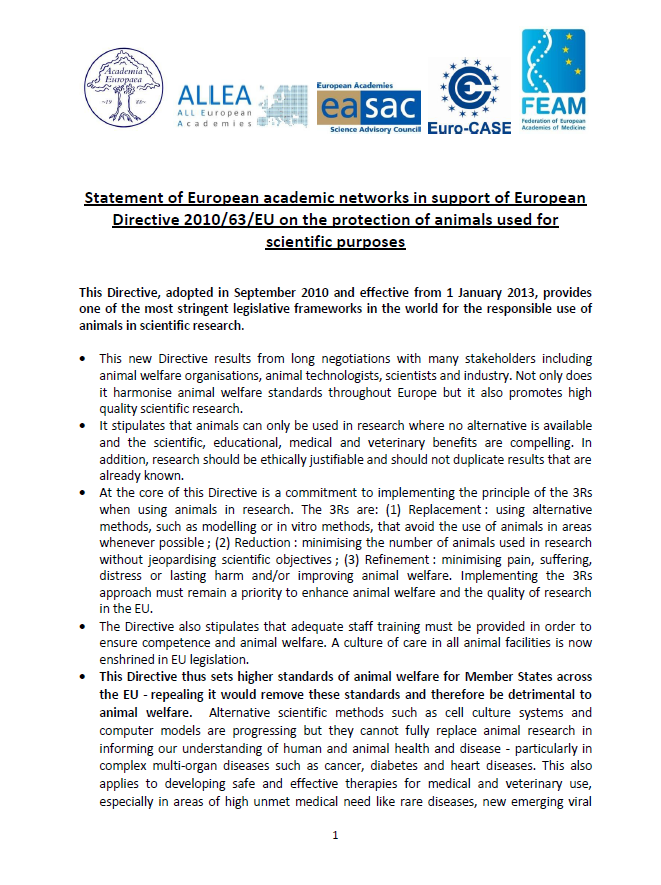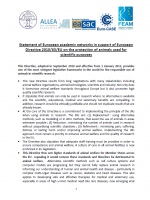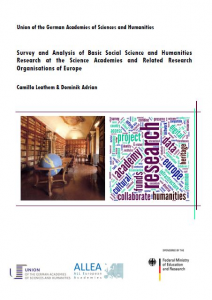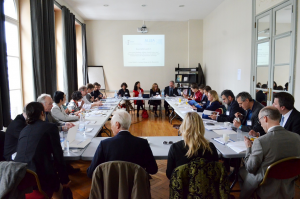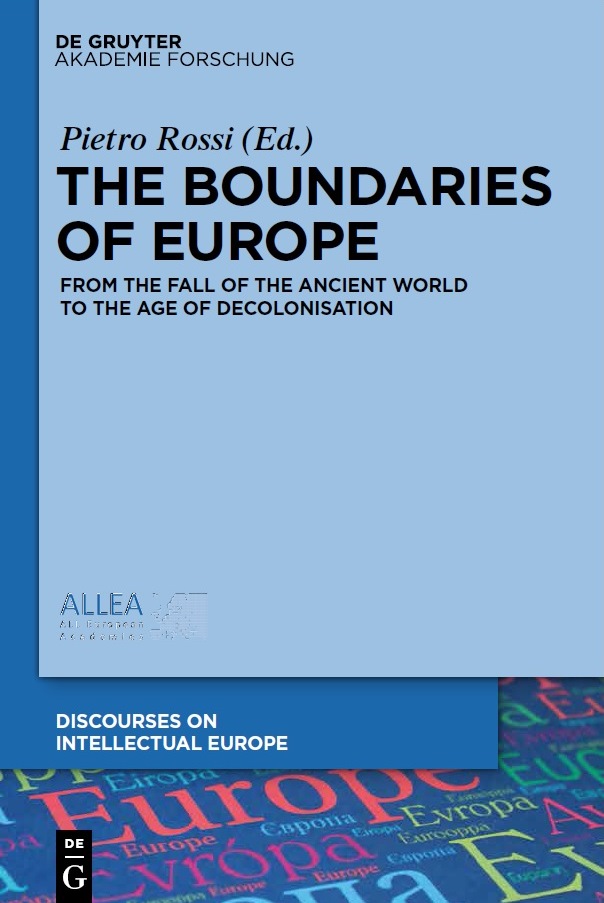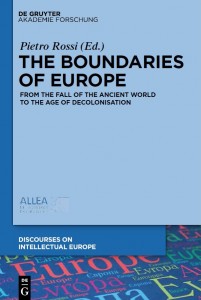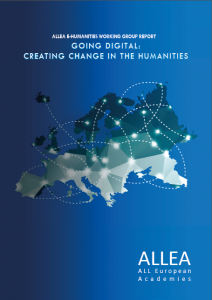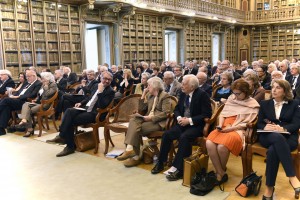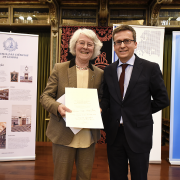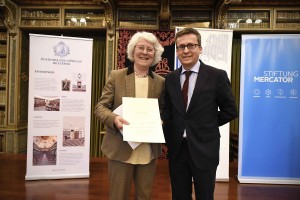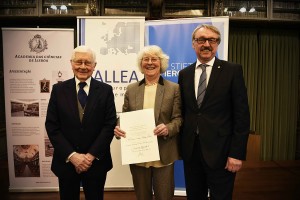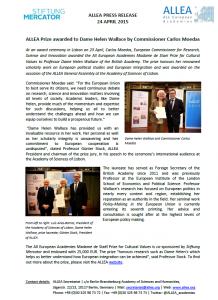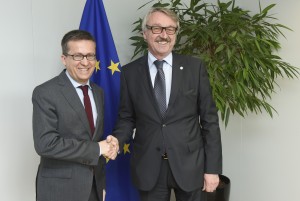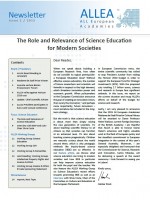ALLEA welcomes the European Commission’s response to the “Stop Vivisection” ECI on the use of animals for scientific purposes
ALLEA welcomes the European Commission’s response to the European Citizens´ Initiative (ECI) “Stop Vivisection” which sought to repeal the European Directive 2010/63/EU on the protection of animals used for scientific purposes. While the Commission acknowledges its commitment to phasing out animal testing, it also recognises that the current Directive is needed in order to protect animals until the necessary alternative methods are available to ensure that complex research on behalf of human, animal and environmental health may be carried out.
ALLEA has been involved in various efforts to support the European Directive. It is a signatory of a joint statement in support of the Directive which has also been signed by fellow academy organisations Euro-CASE, Academia Europaea, EASAC and FEAM. It is also a signatory of the “Statement supporting European Directive 2010/63/EU” prepared by the Wellcome Trust.
The Stop Vivisection ECI sought to ban all animal research and was signed by 1.17 million citizens. The Directive sets forth one of the most rigorous standards on animal testing in the world and has played a key role in implementing strict standards across the EU, including the mandatory use of alternative methods when possible. The Directive stipulates that the ultimate goal is indeed to phase out animal testing, which the Commission has confirmed in its communication.
However, the necessary alternative methods are not yet available that would allow the complete phasing out of animal research. If the Commission were to repeal the current Directive, it would have a major negative impact on the biomedical research sector in particular. Although the sector has developed many advanced alternative approaches that reduce the need for animal testing, alternatives do not yet exist for some studies that significantly contribute to human, animal and environmental health – for example, studies on complex diseases such as cancer which affect multiple organs and thus require investigations into how the complete organism functions and interacts. Thus, a complete ban on the use of animals in research would be premature at the present time and would hinder the advancement of our understanding of diseases that have a massive impact on our world. Until we have developed enough alternative methods to ensure this scientific advancement, the European Directive is indispensable for upholding the highest animal welfare standards possible.

